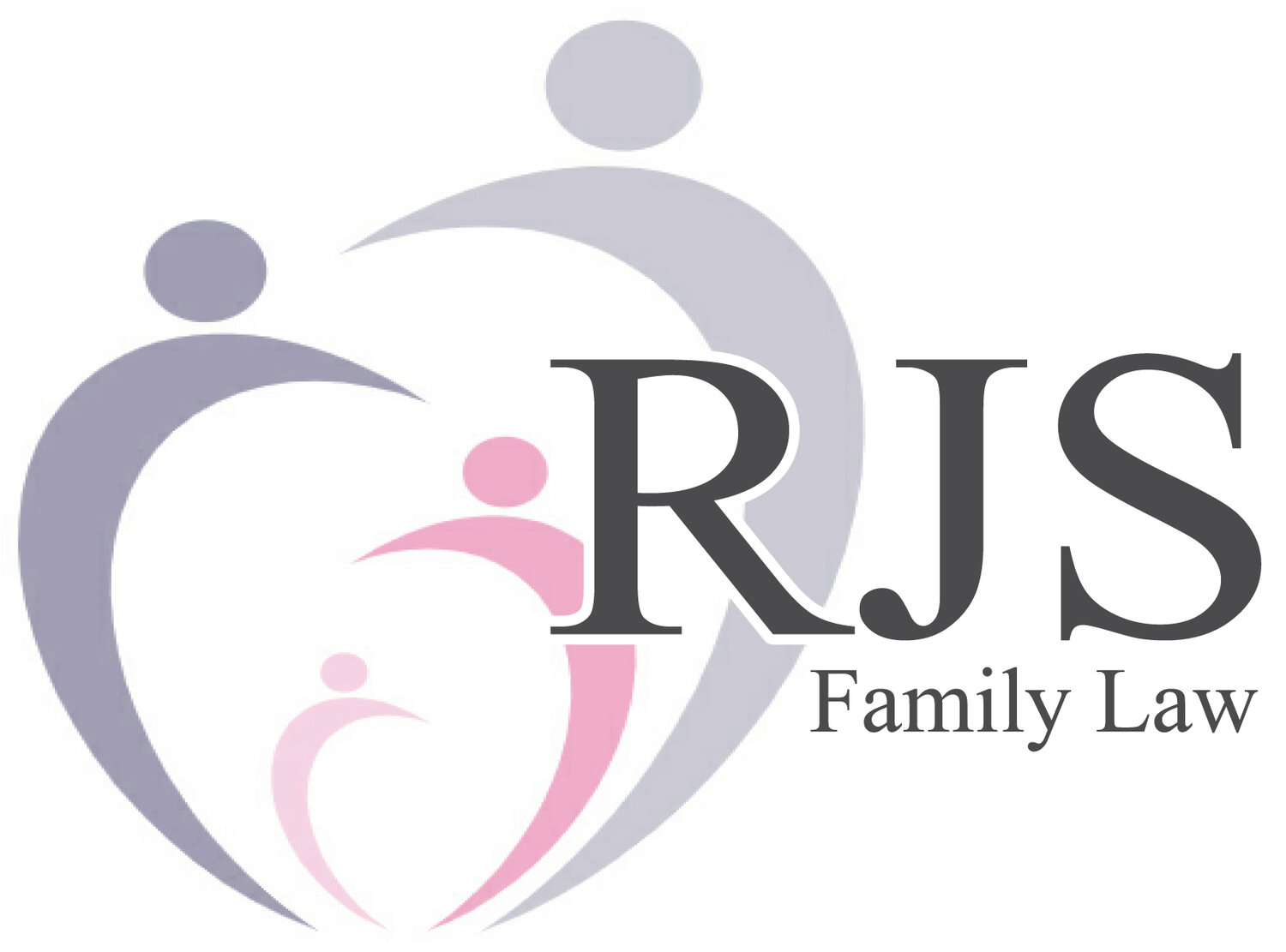Your Home - What Happens To It When You Separate from Your Partner?
A separation is never easy since besides the discussions about who gets what, you will need to decide about what happens to you home; particularly if it’s purchased / mortgaged - rather than rented.
Married Couples
When you are married, you are automatically entitled to a share of your partners assets, giving you a legal right over the family home, regardless of whether or not you name is on the title deeds.
If you have any children, the person considered to be the ‘primary care-giver’ can, in some circumstances, remain in the family home – regardless of who has paid the majority of the mortgage. This is because divorce law in England and Wales, prioritises the welfare of any children and this means not only the provision of a secure home but also, as far as is possible, minimal disruption to the children’s lives. It therefore follows that the person who provides the majority of child care and who wishes to remain in the family home will usually do so.
However, even though the other person may not be entitled to live in the home, it doesn’t mean that they are exempt from paying the mortgage. Furthermore, it doesn’t also mean that they’re written off the title deeds.
Different people have differing needs and requirements regarding finances and property and these can be sorted out via discussion and formalised by the court in a Financial Remedy Order.’ For example, it might be that the property order dictates that when a child / children reach 18, the property can be sold and that the non resident parent receives a certain percentage of the proceeds.
If you already own your own home and are contemplating getting married, it’s well worth putting in place a ‘prenuptial agreement;’ this would take into account the level of equity, (as well as over accrued wealth) you have - prior to getting married. Whilst not strictly enforceable, under UK law, a solicitor drafted agreement, signed by both parties, does now carry a lot more weight during separation / divorce proceedings
Unmarried Couples
If you are not married, then depending on how the home is owned, there is a chance that one person might not have any legal rights over the property. This situation dispels the myth of the power of a ‘common law’ partnership since unmarried couples, despite what many people think, do not have the same legal rights as married couples - regardless of how much of the mortgage you might have paid, if your name is not on the title deeds, you could find yourself having to leave the property irrespective of how many years you have lived there! You could possibly claim a ‘beneficial interest’ to give you the right to remain in the home, but these rarely succeed unless you can prove an agreement was in place to carry out renovation work in return for an interest in the property. There are also applications that can be made under the Children Act to allow the main parent to remain in the property with the children but this are unusual.
We would always advise that non married couples, whether living in mortgaged or rented accommodation, put in place a ‘Cohabitation Agreement.’ Such an agreement details what should happen, if the relationship were to break-down, to not only the property, but also, its contents and your joint savings.
For advice on any of the above aspects and more get in touch with RJS Family Law.
